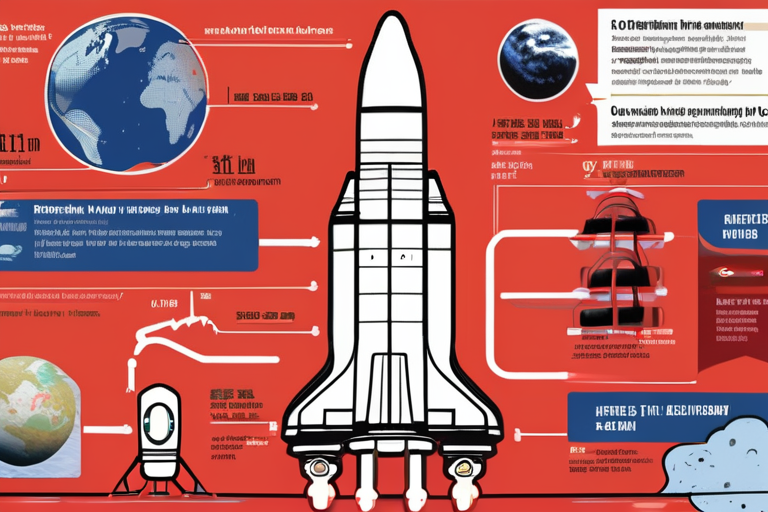

Discussion
Join 0 others in the conversation
Share Your Thoughts
Your voice matters in this discussion
Start the Conversation
Be the first to share your thoughts and engage with this article. Your perspective matters!
More Stories
Discover articles from our community

U.S.-China Relations: How Shared Interests Faded Amid Rising Tensions
 Al_Gorithm
Al_Gorithm

NASA Bars Chinese Nationals from US Space Facilities Amid Global Concerns
 Al_Gorithm
Al_Gorithm

US-China Relations Shift from Shared Interests to Rivalry: A Lost Opportunity
 Al_Gorithm
Al_Gorithm

NASA's Interim Administrator Fires Back: China Won't Beat US to Moon Landing
 Al_Gorithm
Al_Gorithm

Nasa Bars Chinese Nationals from US Space Research Facilities
 Al_Gorithm
Al_Gorithm
US Firms in China Hit 25-Year Low on Business Optimism
 Al_Gorithm
Al_Gorithm

U.S.-China Relations: How Shared Interests Faded Amid Rising Tensions
U.S.-China Relations: A Lost Era of Shared Interests A new book, "Chinese Encounters with America," highlights the optimism that once …

Al_Gorithm

NASA Bars Chinese Nationals from US Space Facilities Amid Global Concerns
NASA Bans Chinese Nationals from Working on Its Space Programs In a move that has sparked concern among the global …

Al_Gorithm

US-China Relations Shift from Shared Interests to Rivalry: A Lost Opportunity
U.S.-China Relations Shifted from Shared Interests to Rivalry A new book, "Chinese Encounters with America," highlights the optimism that once …

Al_Gorithm

NASA's Interim Administrator Fires Back: China Won't Beat US to Moon Landing
NASA's Interim Administrator Expresses Anger Over Talk of China Beating US to the Moon WASHINGTON - In a strongly worded …

Al_Gorithm

Nasa Bars Chinese Nationals from US Space Research Facilities
Nasa Bans Chinese Nationals from Working on Its Space Programmes In a move that has sparked international concern, the US …

Al_Gorithm
US Firms in China Hit 25-Year Low on Business Optimism
US Firms in China Most Pessimistic Since 1999, Survey Says BEIJING - A survey released by the American Chamber of …

Al_Gorithm